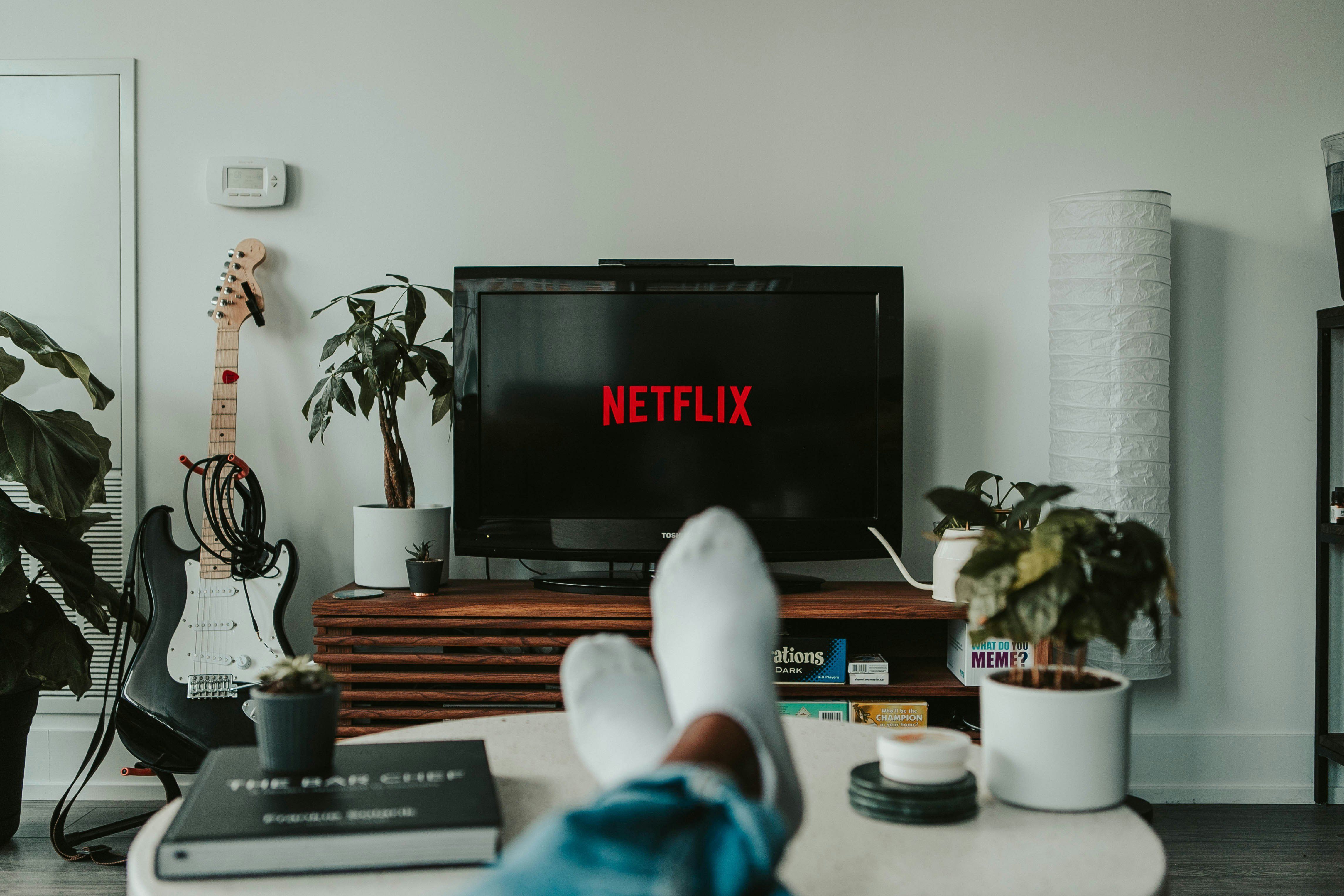Hard Numbers: Ottawa soaks streamers, US blocks slave-made goods, Canadian border strike looms, First Nations and Baltimore bear brunt of opioid crisis
5: This week, Ottawa ordered foreign audio and video streaming services – including giants like Netflix, Disney+, Spotify, and Amazon Prime Video — to pay 5% of their Canadian revenues to the government. The funds will be used to support local broadcasters and content produced by indigenous creators. Officials expect the measure, which takes effect in September, to raise nearly $150 million annually.
3.375: Over the past two years, US customs officials have turned away at least 3,375 shipments of goods under a 2022 law that bans products made with forced labor in China. Ottawa has pledged to do the same, but so far US lawmakers say Canadian officials are doing zilch.
9,000: Speaking of getting stuck at the border, American tourists hoping to visit their northern neighbors this summer might want to hold off on plans for now, as the union representing Canada’s 9,000 border patrol agents weighs going on strike over wage grievances. While many frontier officials are considered essential, meaning they can’t simply walk off the job, they can just … do … it … very … very … slow-ly.
8: Amid an overall rising tide of opioid deaths in Canada, First Nations are suffering disproportionately. The overdose rate in these communities is eight times higher than the general population in the province of Alberta. British Columbia and Alberta together are the epicenter of Canada’s opioid crisis. In the US, meanwhile, Baltimore, MD, has seen 6,000 lives lost to a fentanyl-fueled surge in overdoses over the past six years.
